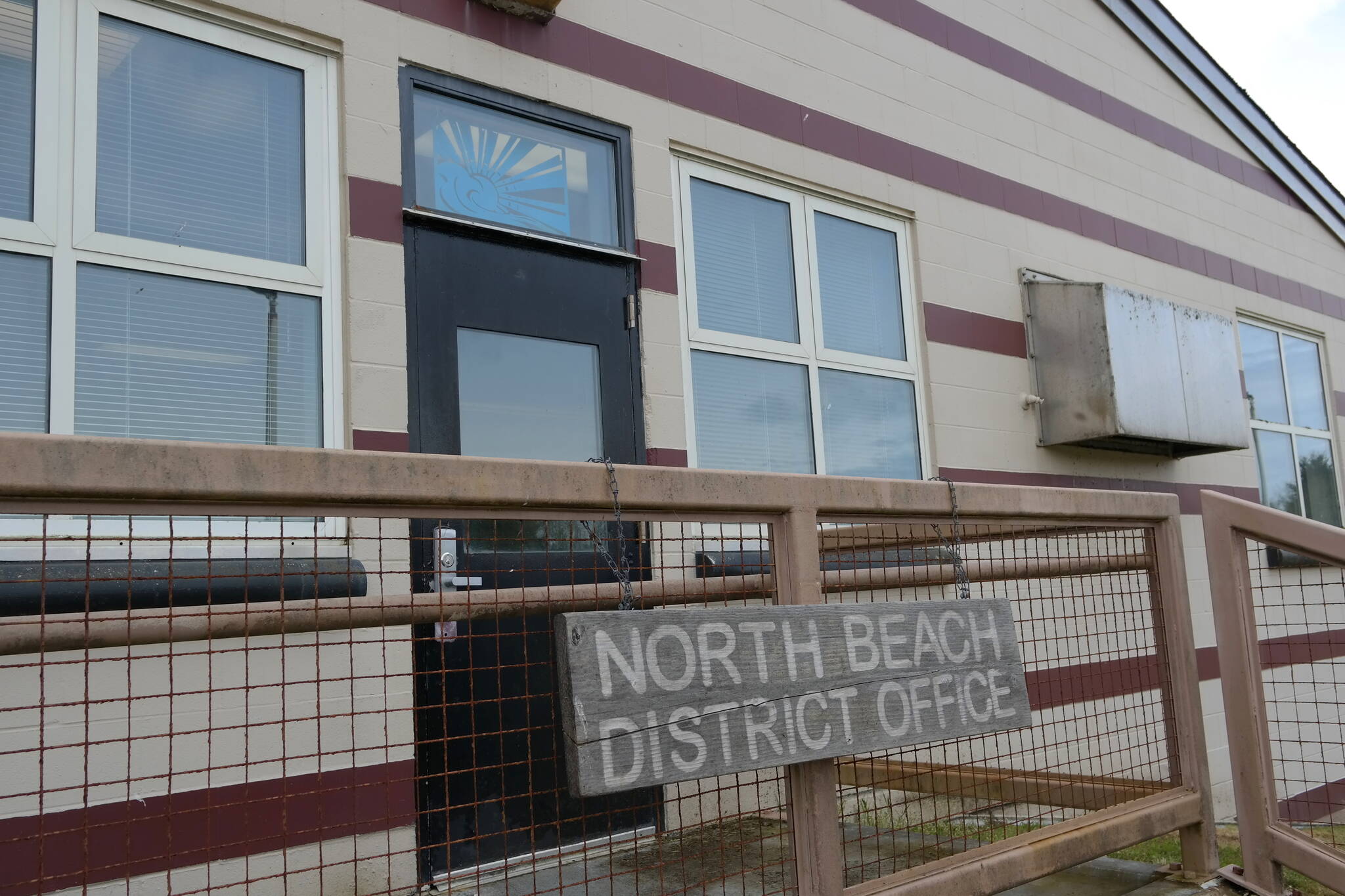Two Grays Harbor School districts went out for levy funding in November, but as of Tuesday’s finalized election results, one is looking forward to a future of taxpayer support while the other is searching for alternative funding options.
North Beach
Seeking to make structural improvements to school facilities, mainly a new roof for its combined middle school and high school, North Beach School District asked voters to approve a roughly $7 million levy over the next six years at a rate of $0.44 per thousand dollars of assessed property value.
The Capital Projects levy was aimed to replace funding from the district’s current bond, which was slated to expire at the end of 2022, according to Shelese McConnell, business manager at North Beach School District.
But voters in November chose not to replace bond funding. The levy failed by a 5.5% margin.
Earlier this year, voters also shot down a $110 million bond that would’ve hiked the tax rate by $1.26.
But McConnell said the district is addressing its need for structural improvements by applying for grants through the state’s Office of the Superintendent of Public Instruction.
“We’ve been in the process for several years now trying to apply for any capital project grant that comes up, hoping we can get it,” McConnell said. “It’s kind of a hit or miss. This year we got a couple of small capital project grants.”
The district is also looking to make improvements to the parking lots and building siding, McConnell said.
McConnell said the district will apply for a grant before year’s end to fix the leaky roof, which is in “dire need” of replacement, McConnell said in October. However, the district has applied for similar grants in the past and been unsuccessful, McConnell said.
Since the roof is a safety issue, according to McConnell, the project is grant eligible. That’s not the case with the school’s athletic field. Still, the field floods consistently and is unsuitable for North Beach baseball games, McConnell said.
“That’s not something we’d be able to look at right now,” McConnell said of athletic field funding.
McConnell said the district can seek new capital project levy funds next year. However, since the current bond will expire, the levy will have to be presented as a new tax rather than a bond replacement as it was this year, which could present a larger obstacle to voter approval.
McCleary
For the McCleary School District, a second chance proved to be successful.
The district recently secured funding for an array of school programs when voters passed a proposed levy by an 8% margin in November. Voters shot down the same levy during February’s general election.
According to Tiki Willey, business manager at McCleary School District, the levy generates around 14.5% of the district’s budget. Large portions of the levy will go to staffing and special education.
“I really am truly happy that people asked questions and were willing to engage in conversation so that they could understand,” said Susan Zetty, superintendent for McCleary School District. “It’s not good when you don’t understand how money is being spent.”
McCleary’s current Educational Programs and Operations Levy will expire at the end of 2022, and the recently approved tax will replace it at the same rate, roughly $2.50 per thousand dollars of property value, based on assessed values, which will equate to $875,000 per year over the next two years.
The levy will fund a variety of programs for McCleary’s lone Pre-K-8 school, including free lunch, free participation in athletic programs and the school’s music program, which has returned after a pandemic hiatus.
The school runs a preschool program separate from the state-funded Transitional Kindergarten present in some districts, which relies on levy funding.
Since McCleary only serves students through eighth grade, students have to attend high school elsewhere, usually in Elma. A chunk of levy funding goes to “non-high” payments — a stipend McCleary provides those other districts for its students to attend other high schools.
Because of the levy’s success, McCleary district will receive state equalization funds it wouldn’t have if the levy had failed.
The state awards levy equalization funds to districts where property tax levies might not generate enough to meet the district’s needs, areas where property values are lower, generally, than other property-rich areas.
Zetty said that money will go to the same programs and operations as money garnered by the levy.
Even though the levy passed and secured some of the district’s funding for the next two years, Zetty said the district would continue to engage the public regarding implementation of the funds.
“The school still has a responsibility to share information and provide opportunities for people to ask questions and give us feedback,” Zetty said.


